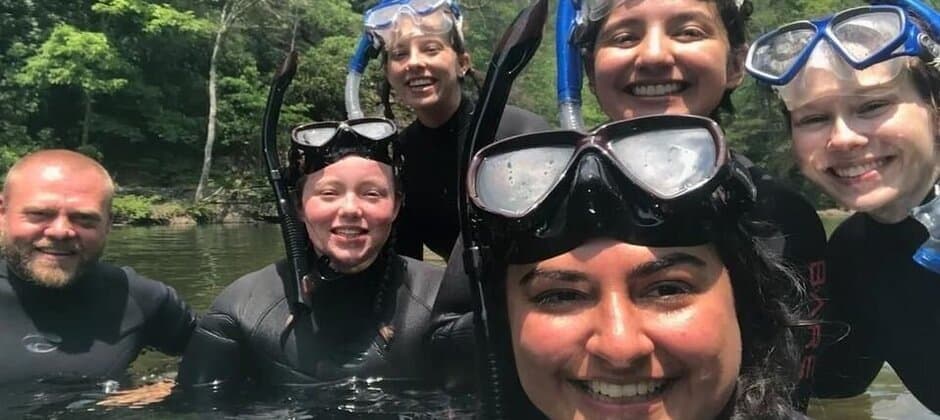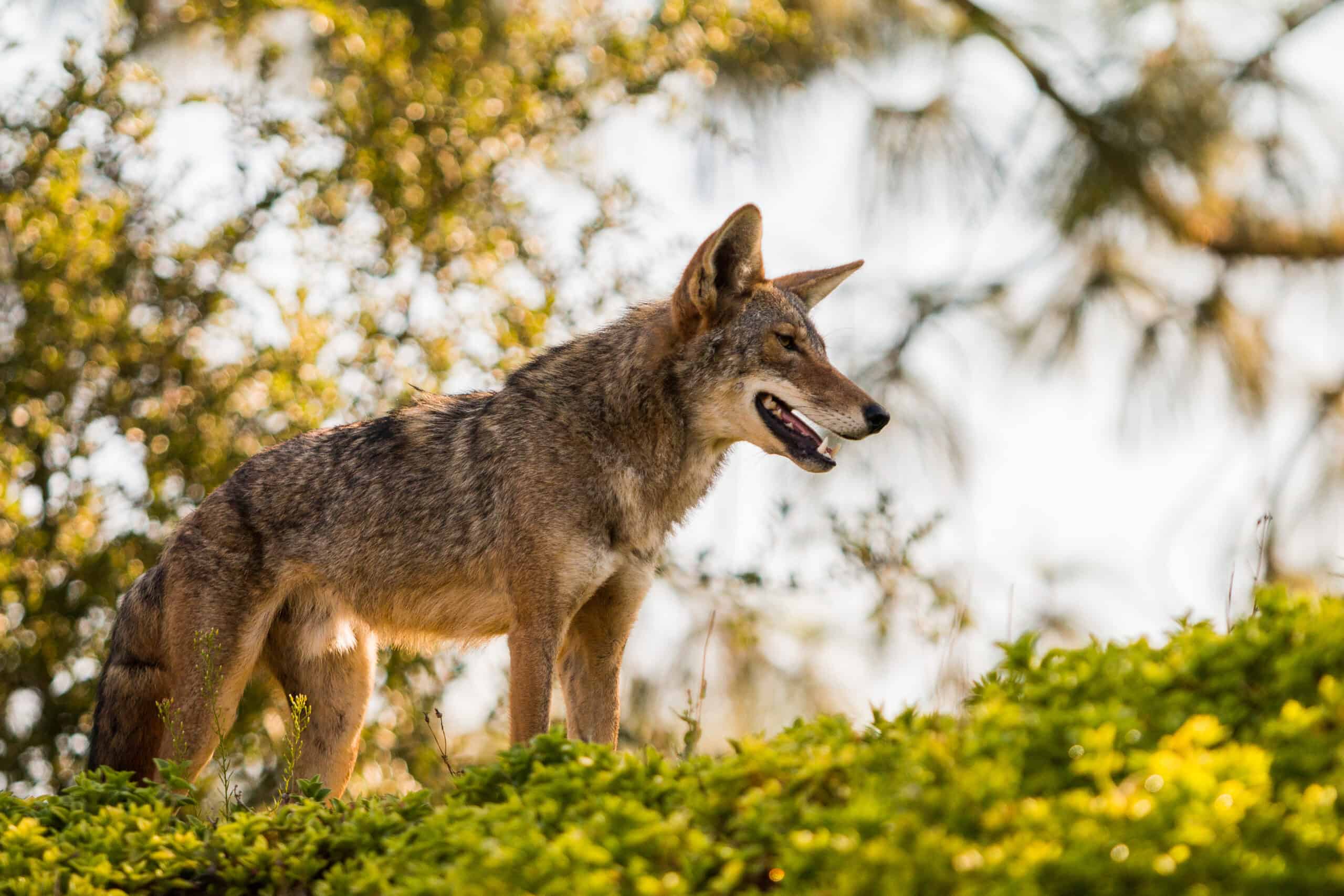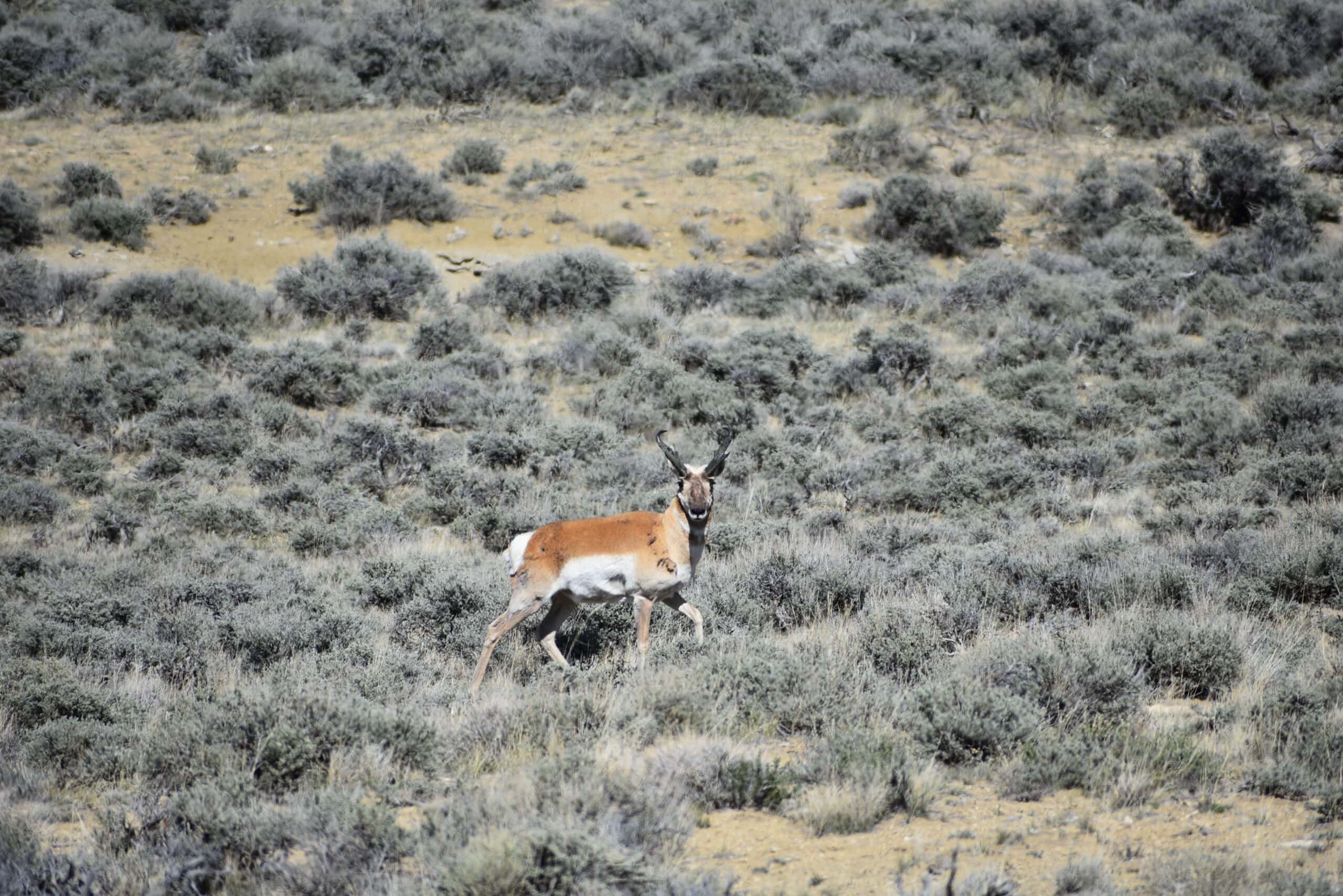Share this article
Student Wildlife Adventure Program wins Diversity Award
When Daryl Ratajczak first moved out west to New Mexico from Tennessee, where he had worked for two decades, he was amazed by the wildlife and natural landscapes. He quickly came to the conclusion that he’d love to share the experience with others. He reached out to his colleague Robert Brewer, an associate professor at the Cleveland State Community College in Tennessee, to see about bringing members of the school’s student chapter of The Wildlife Society out for a trip.
The idea culminated in a 14-student field trip to New Mexico in 2017. But Ratajczak, now a Big Game Specialist for the U.S. Bureau of Land Management, saw an opportunity to continue the idea with a focus on underserved communities in the profession, “giving those wildlife students a chance to experience something they would never get a chance to experience,” he said. That resulted in the development of the Student Wildlands Adventure Program (SWAP) nonprofit organization.
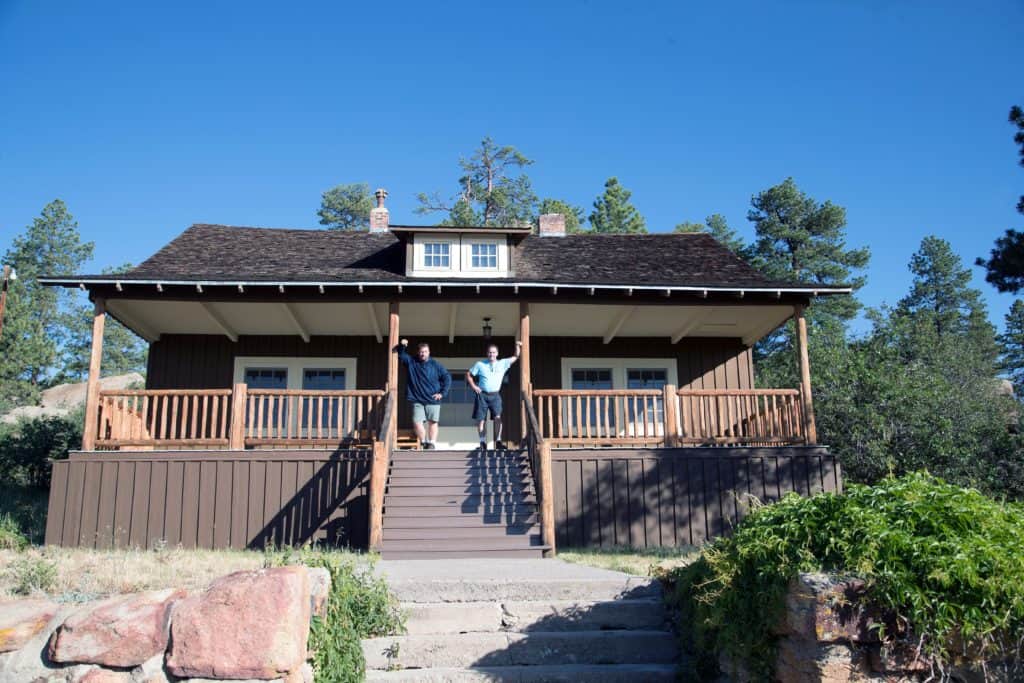
SWAP program founders Daryl Ratajczak (left), and Robert Brewer (right). Credit: Student Wildlands Adventure Program
In 2018, he reached out to students living in the western U.S., eventually signing up 16 for a field trip to Tennessee from various schools, this time. Eleven of these came from Native American or Hispanic communities. Funding for the trip came from the U.S. Forest Service.
Since then, the Student Wildlands Adventure Program has switched back and forth—or swapped—from bringing students east to west and vice versa every year. The program has accommodated 75 students from 21 different universities in 11 states or provinces. Roughly three-quarters of the majority-female participants have been minorities or from underserved communities.
From a diversity standpoint, “Native Americans make up the biggest group, followed by Hispanics and then others,” Ratajczak said.
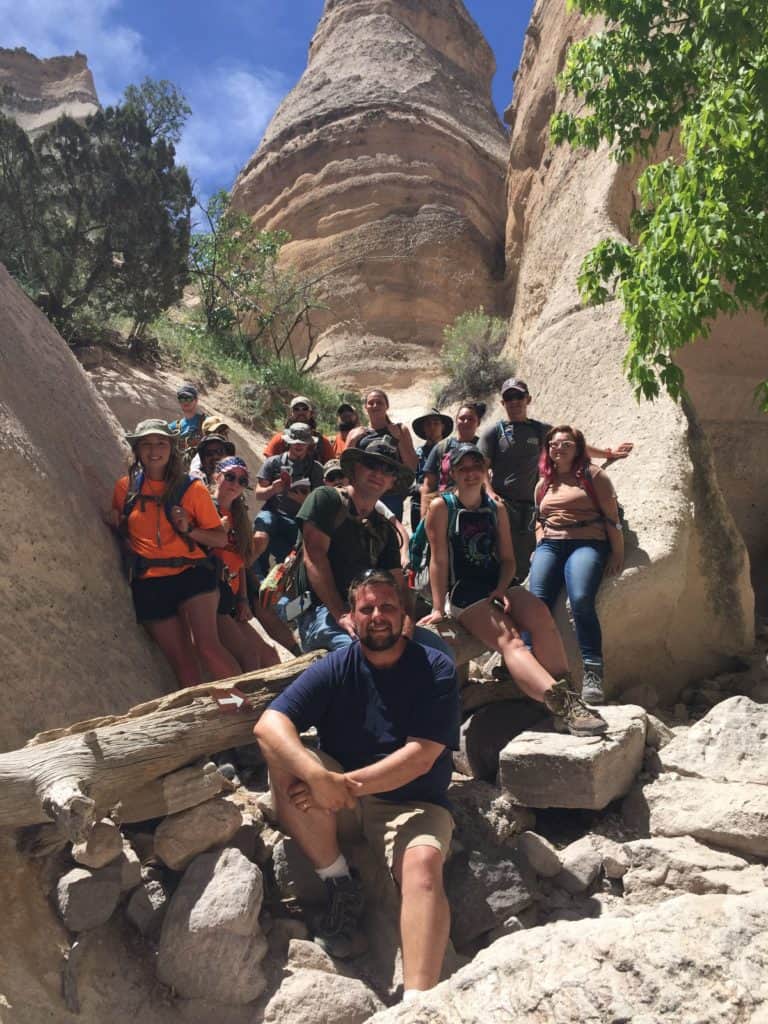
SWAP program students in New Mexico on the inaugural trip in 2017. Credit: Student Wildlands Adventure Program
Due to his work organizing the SWAP program, the SWAP organization won The Wildlife Society’s 2022 Diversity Award. But Ratajczak said the real winners are the students that experience opportunities they never would have had otherwise. Students taking part in the program have visited a grizzly bear (Ursus arctos horribilis) den in Grand Teton National Park in Wyoming, saw cougar (Puma concolor) kill sites in New Mexico, and snorkeled in the extremely diverse Conasauga River in Cherokee National Forest in Tennessee.
“We’ve made so many great connections with the students,” Ratajczak said.
But these experiences are also coupled with opportunities to make connections with future employers, or future supervisors for graduate programs. For some of the students, these connections and opportunities are “changing their life,” Ratajczak said.
Karl Malcolm, a regional wildlife ecologist with the U.S. Forest Service, said in his nomination letter, that the program is the first time some students had the opportunity to travel outside their home state.
“The vision of putting students from widely disparate life experiences in the roles of host and guest so they can learn about the cultures, landscapes, and ecologies of their counterparts’ homes is highly innovative and creative,” he said. “By providing full scholarship support to young adults who would not otherwise have the opportunity, SWAP overcomes challenges and obstacles to the participation of students who would otherwise be left on the sidelines.”
Ratajczak said he’s not the one that deserves all the recognition. “This award should be in recognition of the students that took that chance,” he said.
Header Image: The Student Wildlands Adventure Program has given underserved students opportunities to travel to conduct wildlife fieldwork that has involved ventures like snorkeling in Cherokee National Forest in Tennessee. Credit: Ariel Sanchez



